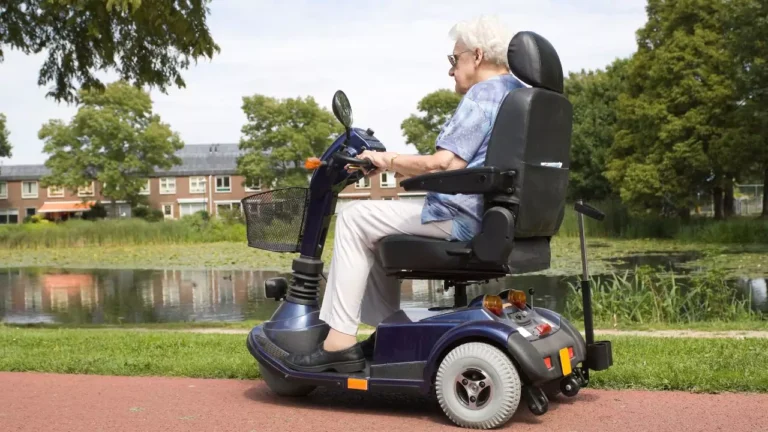Yes, health insurance may cover mobility scooters if they are deemed medically necessary.
Medicare and Medicaid both offer coverage for mobility scooters, but there are restrictions.
Private insurance companies also offer coverage for mobility scooters, but the specific terms and conditions vary depending on the plan.
There are also self-funding options available for those who do not have health insurance or whose insurance does not cover mobility scooters.
Understanding Mobility Scooter Insurance
Medicare and Medicaid Coverage
Medicare Part B covers durable medical equipment (DME), including mobility scooters, if they are medically necessary. To be considered medically necessary, a mobility scooter must meet the following criteria:
- It must be used to improve the patient’s mobility and ability to perform activities of daily living.
- It must be the most appropriate mobility device for the patient’s needs.
- The patient must be able to safely operate the mobility scooter.
Medicare will cover the cost of a mobility scooter up to 80%, with the patient responsible for the remaining 20% (copayment). Medicaid coverage for mobility scooters varies from state to state, but most states do offer some coverage.
Private Insurance Coverage
Most private insurance plans cover mobility scooters if they are medically necessary. However, the specific terms and conditions of coverage vary from plan to plan. Some plans may have coverage limits, while others may require patients to obtain pre-authorization before purchasing a mobility scooter.
Self-funding Options
If you do not have health insurance or your insurance does not cover mobility scooters, there are a few self-funding options available. One option is to purchase a mobility scooter outright. Another option is to finance the purchase of a mobility scooter through a medical equipment financing company.
Types of Mobility Scooters Covered by Insurance
Criteria for Medical Necessity
To be covered by insurance, a mobility scooter must be medically necessary. This means that the scooter must be needed to improve the patient’s mobility and ability to perform activities of daily living. The patient must also be able to safely operate the scooter.
Differences Between Electric Scooters and Medical Scooters
Electric scooters are designed for recreational use, while medical scooters are designed for mobility assistance. Medical scooters typically have larger wheels, more powerful motors, and more features than electric scooters. Medical scooters are also more expensive than electric scooters.
Factors to Consider When Choosing Insurance for a Mobility Scooter
Liability Coverage
Liability coverage is important for anyone who owns a mobility scooter. If you are involved in an accident while operating your mobility scooter, liability coverage can protect you from financial liability.
Cost of Insurance
The cost of insurance for a mobility scooter varies depending on the type of scooter, the level of coverage, and the insurance company. It is important to compare quotes from multiple insurance companies before choosing a plan.
Coverage Restrictions
Some insurance plans may have coverage restrictions for mobility scooters. For example, some plans may limit the number of hours per day that the scooter can be used. It is important to carefully review the terms and conditions of your insurance plan before purchasing a mobility scooter.








